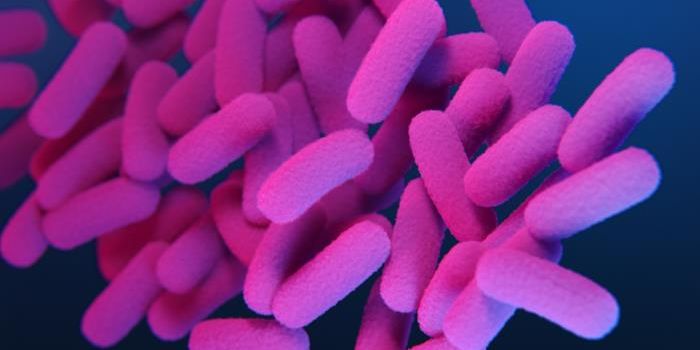Dirty Sheets Make Babies Healthier
Microbiologists have established that the development of infants’ immune systems is intricately linked to the diversity of microorganisms they come into contact with as they grow. Exposure to more types of microbial life in infancy can actually be beneficial, building up more immune resistance and protecting against infections and allergies. A new study published in the journal Microbiome has revealed another piece in this incredibly complex puzzle — how “dirty” a baby’s bed is can influence the development of their microbiomes.
This work, led by Søren J. Sørensen, a biology professor at the University of Copenhagen, saw scientists analyzing bed dust and respiratory samples from almost 600 infants. The aim was to see if microorganisms in bed dust correlated in any way with the bacteria present in the microbiomes of their respiratory tracts.
“We see a correlation between the bacteria we find in bed dust and those we find in the children. While they are not the same bacteria, it is an interesting discovery that suggests that these bacteria affect each other. It may prove to have an impact on reducing asthma and allergy risks in later years,” said Sørensen.
“We are well aware that microorganisms living within us are important for our health, with regards to asthma and allergies for example, but also for human diseases such as diabetes [type 2] and obesity. But to get better at treating these diseases, we need to understand the processes by which microorganisms emerge during our earliest stages of life. And, it seems that the bed plays a role,” adds Sørensen.
Indeed, the dust samples from the babies’ beds had a total of almost 1000 different types of bacteria and fungi. According to the researchers, the samples taken from homes in a rural setting had much higher levels of microbes as compared to those in more urban areas.
“Previous studies inform us that city-dwellers have less diverse gut flora than people who live in more rural settings. This is typically attributed to their spending greater amounts of time outdoors and having more contact with nature. Our studies demonstrate that changes in bacterial flora in bed dust can be an important reason for this difference as well,” said Sørensen.
In future studies, the team plans to trace whether the bacterial flora in bedding is directly related to the onset of asthma, allergies, and autoimmune diseases.
Source: Microbiome, University of Copenhagen.









